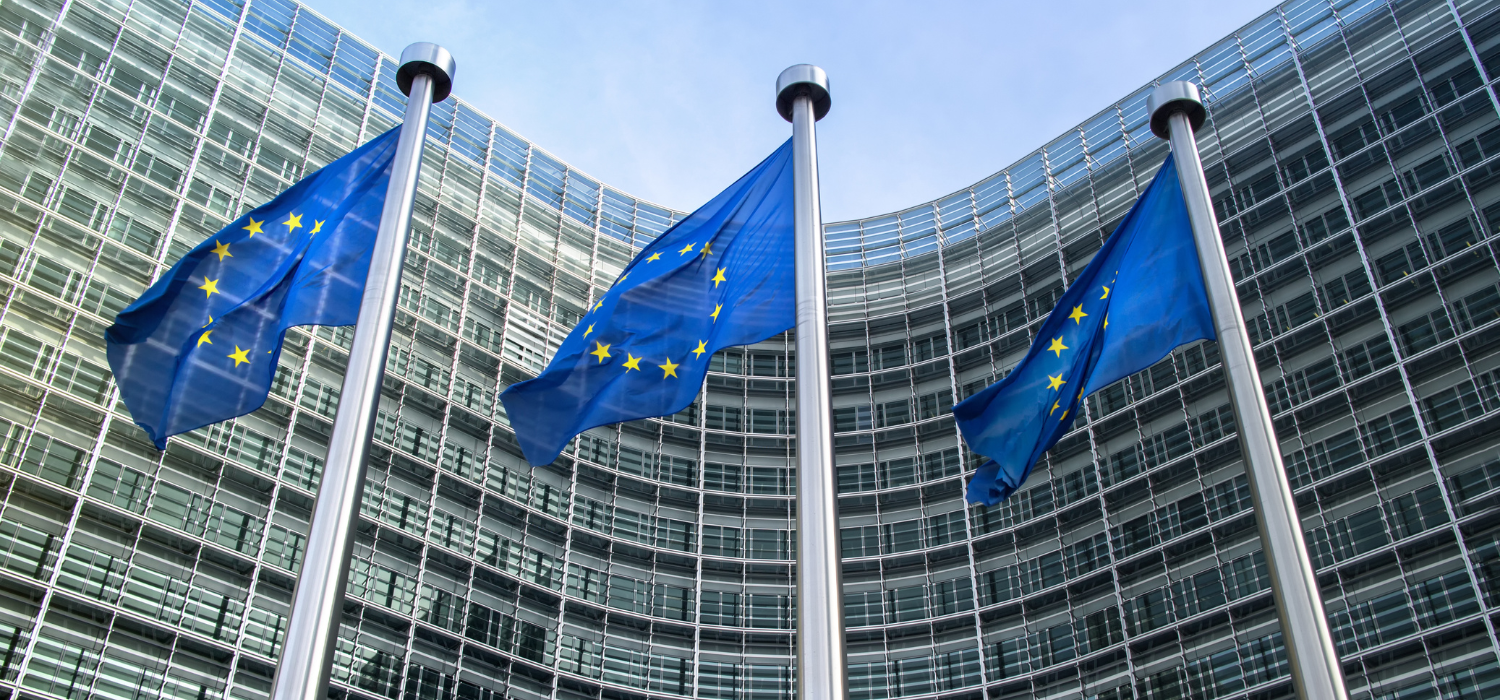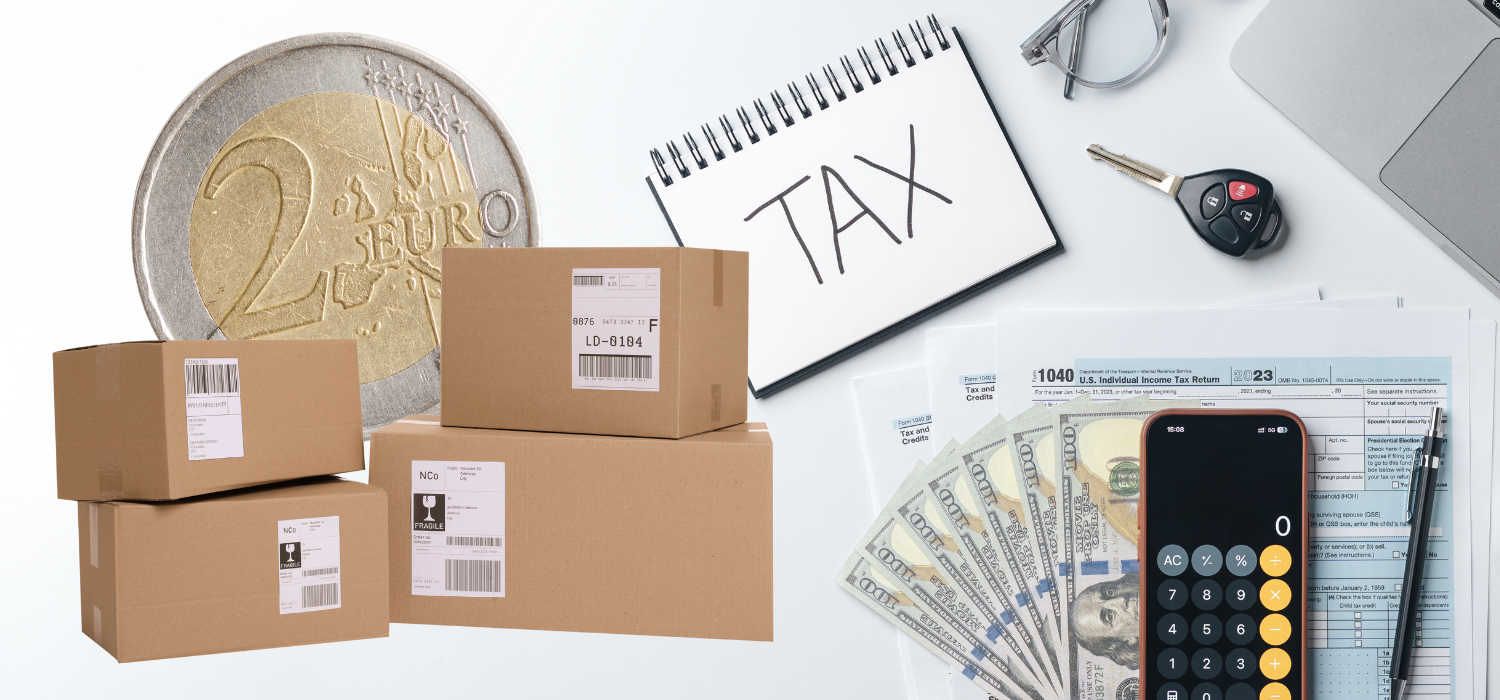If you are looking for tips on how to make your eCommerce sustainable, you are in the right place.
In fact, in this article we delve into 3 aspects that will enable you to make your eCommerce sustainable and, likewise, meet the needs of your customers and increase order conversions at the checkout of your online store.
Sustainable eCommerce: how much it matters to consumers
Nearly 9 out of 10 Italian consumers (87 percent) say they take sustainability into account in their daily choices, and when it comes to eCommerce there are no exceptions.
In fact, according to recent research conducted by Confcommercio Roma in collaboration with YOCABÈ and Format Research, 80 percent of Italian consumers prefer to make online purchases only from eCommerce sites that have introduced sustainability policies. In other words, the future of eCommerce is green.
How to make an eCommerce sustainable
The data speak for themselves: in order to continue to sell online and win the trust of eShoppers, it is necessary to think about solutions that can make one’s online store less environmentally impactful. Yet, less than 50 percent of Italian companies have already made – to date – investments on this front.
So here are three aspects you can aim to optimize for sustainable eCommerce.
Sustainable eCommerce with Greener Packaging
According to a McKinsey study, packaging disposal of products purchased online impacts twenty times more than packaging disposal of retail purchases.
Moreover, 30 percent of consumers say they avoid buying products with plastic packaging.
For these reasons, one of the priorities of companies investing in sustainability is to use packaging made from recycled or recyclable materials.
Once the product is packaged and ready to be shipped, however, it gets ready to face one of the most environmentally impactful stages of the entire purchasing process: last-mile logistics.
Sustainable eCommerce with Out Of Home Delivery
The last mile is the most polluting stretch of the entire logistics chain. In fact, freight traffic accounts for between 20 and 30 percent of air pollution in cities, and last mile delivery vehicles account for nearly one-third of total traffic.
For this reason, it is important to think about alternative solutions for last-mile eCommerce deliveries ranging from the use of eco-friendly means of transport, such as electric vehicles and cargo bikes (indicated as fundamental for 52.7 percent of consumers in Confcommercio Roma’s research), to order pickup solutions alternative to traditional Home Delivery.
Solutions that are increasingly appreciated by consumers such as Locker and Pickup Points as they always guarantee 100 percent of deliveries but with less environmental impact and more freedom and flexibility for consumers.
Sustainable eCommerce by reducing returns
Also greatly affecting the sustainability of eCommerce are returns.
According to SaleCycle, 20 percent of online purchases worldwide are returned while in Europe returns increase by 63 percent each year.
The poor sustainability of returns is related to their transportation: in fact, according to Confcommercio research, each return generates emissions of about 180 kg of Co2 due to double transportation (from the producer to the consumer and back). Providing consumers with as much detailed product information as possible, so that they can make informed purchases, is therefore key to reducing the number of returns.
When these are not avoidable, however, it is good to offer consumers the opportunity to make a return in the least impactful manner impossible. Once again, this is possible through Locker and Return Points.
How to integrate Locker and Collection Points to your sustainable eCommerce

If you are an eCommerce manager and want to make your eCommerce sustainable by integrating your online store with more than 125,000 Pickup Points and Lockers already active throughout the country and internationally, schedule an appointment with us.
GEL Proximity is the world’s first technology that places last-mile logistics at the center of the checkout process, directly managing the relationship between checkout and the Proximity solution chosen to pick up or return a package. Learn about our services.













